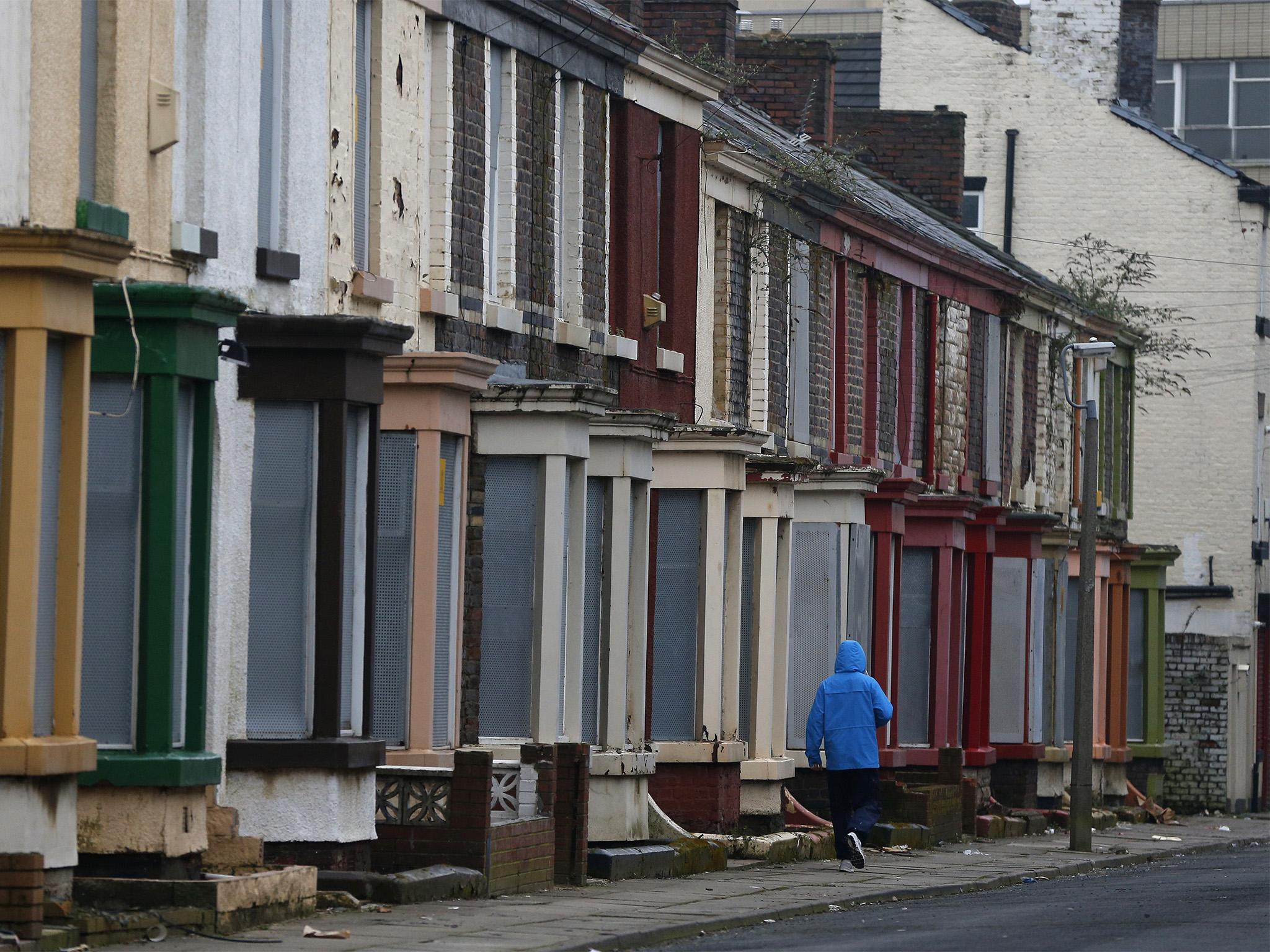Liverpool and Barnsley hardest hit by decade of austerity cuts, study shows
Northern English cities have endured most severe cuts to local sevices over past 10 years

Barnsley and Liverpool have been named as the cities worst affected by cuts to local government funding over the past decade.
The Yorkshire city has seen a 40 per cent reduction in day-to-day council spending – a higher proportion than anywhere else in Britain, according to a new report by the Centre for Cities.
When calculated per resident, Liverpool was found to be hardest hit by austerity measures, with an £816 reduction to council services’ funding for every person living in the northwest city.
The study reveals how sharp the nation’s economic divide still is, 10 years on from the banking crisis. Northern English cities have been disproportionately affected by austerity, with their spending cut on average by a fifth, while cities in the south and east of England experienced far lower average losses of 9 per cent.
Doncaster, Wakefield and Blackburn also feature in the top five urban areas with the biggest fall in local government spending. Seven of the 10 cities with the largest council cuts are in the northeast, northwest or Yorkshire.
Since cuts took hold in the aftermath of the 2008 financial crisis, urban areas have been hit twice as hard as rural communities, according to the think tank’s latest annual report.
Almost three-quarters (74 per cent) of cuts to local government funding over the last decade have fallen on cities. This equates to a loss of £386 per city dweller since 2009/10, compared to £172 per person elsewhere, it said.
Services that councils are not legally obliged to deliver, such as planning, libraries and cultural activities, have seen the deepest cuts.
Not all cities have seen big reductions in spending. But only two cities – Luton and Oxford – have seen increases in overall spending in the past decade, experiencing real terms rises of 21 per cent and 15 per cent respectively in their day-to-day expenditure.
The new report, Cities Outlook 2019, found that rising social care demands were adding to the pressure on many councils’ finances.
Ten years ago, just four out of 62 cities spent more than 50 per cent of their budget on social care, compared to half of all councils now. Social care has taken up a growing share of overall council spending, rising from 38 per cent of spending in 2009/10 to 46 per cent in 2017/18.
The report said the dominance of Brexit had, ironically, “drowned out any policy that would help improve the economies of those places that voted to leave”. It described cities as being in “limbo”, paralysed by a lack of clarity over future funding.
Centre for Cities chief executive Andrew Carter said: “Councils have managed as best they can but the continued singling-out of local government for cuts cannot continue.
“There is a very real risk that many of our largest councils will in the near future become little more than social care providers. Fairer funding must mean more funding for cities.”
The think tank is calling for the upcoming spending review to address the financial challenges facing cities and give local authorities more say over how they raise and spend funds.
Labour MP Andrew Gwynne, shadow communities and local government secretary, said: “The Tories have shamefully stripped back funding for local authorities, leaving many councils on the brink of collapse and the vital public services that people rely on at breaking point.
“The government must stop targeting deprived areas with its politically motivated cuts and provide sustainable funding for councils to protect local services.”
Communities Secretary James Brokenshire said the government was providing local authorities with £91.5bn over the next two years.
“This coming year local government is getting £1bn extra in funding – a real terms increase – to strengthen services and support local communities.”
The Centre for Cities study did not include any statistics from Northern Ireland.
Subscribe to Independent Premium to bookmark this article
Want to bookmark your favourite articles and stories to read or reference later? Start your Independent Premium subscription today.

Join our commenting forum
Join thought-provoking conversations, follow other Independent readers and see their replies